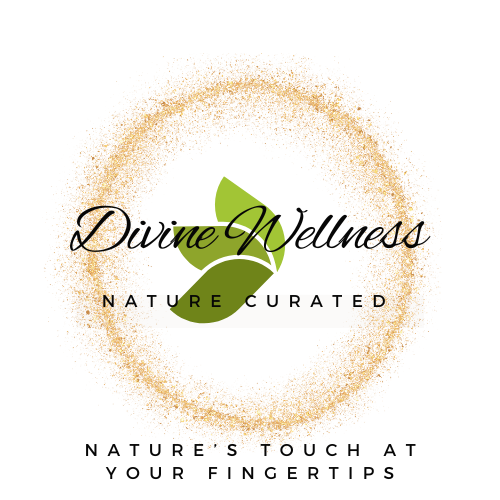Benefits of Tallow
FAQ: The Benefits of Tallow, Magnesium, Jojoba Oil, Essential Oils, & Non-Nano Zinc in Skincare
1. What are the benefits of using tallow in skincare products?
Tallow, derived from grass-fed and finished animals, is rich in essential fatty acids, vitamins, and antioxidants. Its molecular structure closely resembles that of human skin lipids, making it an excellent moisturizer and skin conditioner. Here are some key benefits:
-
Deep Hydration: Tallow contains high levels of moisture-locking fatty acids, such as palmitoleic acid, which hydrate the skin deeply without clogging pores.
-
Skin Barrier Repair: The natural lipids in tallow help repair and strengthen the skin barrier, protecting against environmental stressors and reducing moisture loss.
-
Anti-inflammatory Properties: Tallow contains anti-inflammatory compounds like conjugated linoleic acid (CLA), which can calm irritated skin and reduce redness.
2. How does magnesium benefit the skin?
Magnesium plays a crucial role in several enzymatic reactions within the body, including those involved in maintaining skin health. Here are the benefits of magnesium for the skin:
-
Regulation of Cellular Processes: Magnesium helps regulate cellular turnover and repair processes, promoting healthy skin cell renewal and regeneration.
-
Anti-Aging Effects: By supporting collagen synthesis and neutralizing free radicals, magnesium helps reduce the appearance of fine lines, wrinkles, and other signs of aging.
-
Acne Treatment: Magnesium's anti-inflammatory properties can help alleviate acne symptoms and promote clearer skin.
3. What are the advantages of using jojoba oil in skincare?
Jojoba oil, extracted from the seeds of the jojoba plant, is renowned for its moisturizing and nourishing properties. Here's why it's beneficial for the skin:
-
Balancing Sebum Production: Jojoba oil closely resembles the skin's natural sebum, making it an excellent moisturizer for all skin types. It helps regulate oil production, making it suitable for both dry and oily skin.
-
Non-comedogenic: Unlike some oils that can clog pores, jojoba oil is non-comedogenic, meaning it won't cause breakouts or exacerbate acne.
- Antioxidant Protection: Rich in vitamin E and other antioxidants, jojoba oil helps protect the skin from oxidative stress and environmental damage.
4. How does non-nano zinc contribute to skincare?
Non-nano zinc oxide is a mineral sunscreen ingredient known for its broad-spectrum UV protection and skin-soothing properties. Here's why it's a valuable ingredient in skincare products:
- Effective Sun Protection: Non-nano zinc oxide forms a physical barrier on the skin's surface, reflecting and scattering both UVA and UVB rays to protect against sun damage and premature aging without absorbing into the skin.
-
Gentle on Skin: Unlike chemical sunscreens, which may cause irritation or allergic reactions in some individuals, non-nano zinc oxide is gentle and well-tolerated by most skin types, including sensitive and acne-prone skin.
- Anti-inflammatory Properties: Non-nano zinc oxide has natural anti-inflammatory properties, making it beneficial for soothing and calming irritated or inflamed skin conditions such as acne, rosacea, and eczema.
- Non-comedogenic: Non-nano zinc oxide is non-comedogenic, meaning it won't clog pores or contribute to acne breakouts, making it suitable for all skin types, including oily and acne-prone skin.
5. What benefits do essential oils offer for skincare?
Essential oils are concentrated plant extracts known for their aromatic and therapeutic properties. When used in skincare products, they can offer various benefits, including:
- Antimicrobial Action: Many essential oils have natural antimicrobial properties that can help combat acne-causing bacteria and other pathogens on the skin.
- Soothing and Calming: Certain essential oils, such as lavender and chamomile, have calming and soothing effects on the skin, making them suitable for sensitive or irritated skin conditions.
- Aromatherapy Benefits: In addition to their skincare benefits, essential oils can provide aromatherapy benefits, promoting relaxation and reducing stress, which can indirectly benefit skin health.
